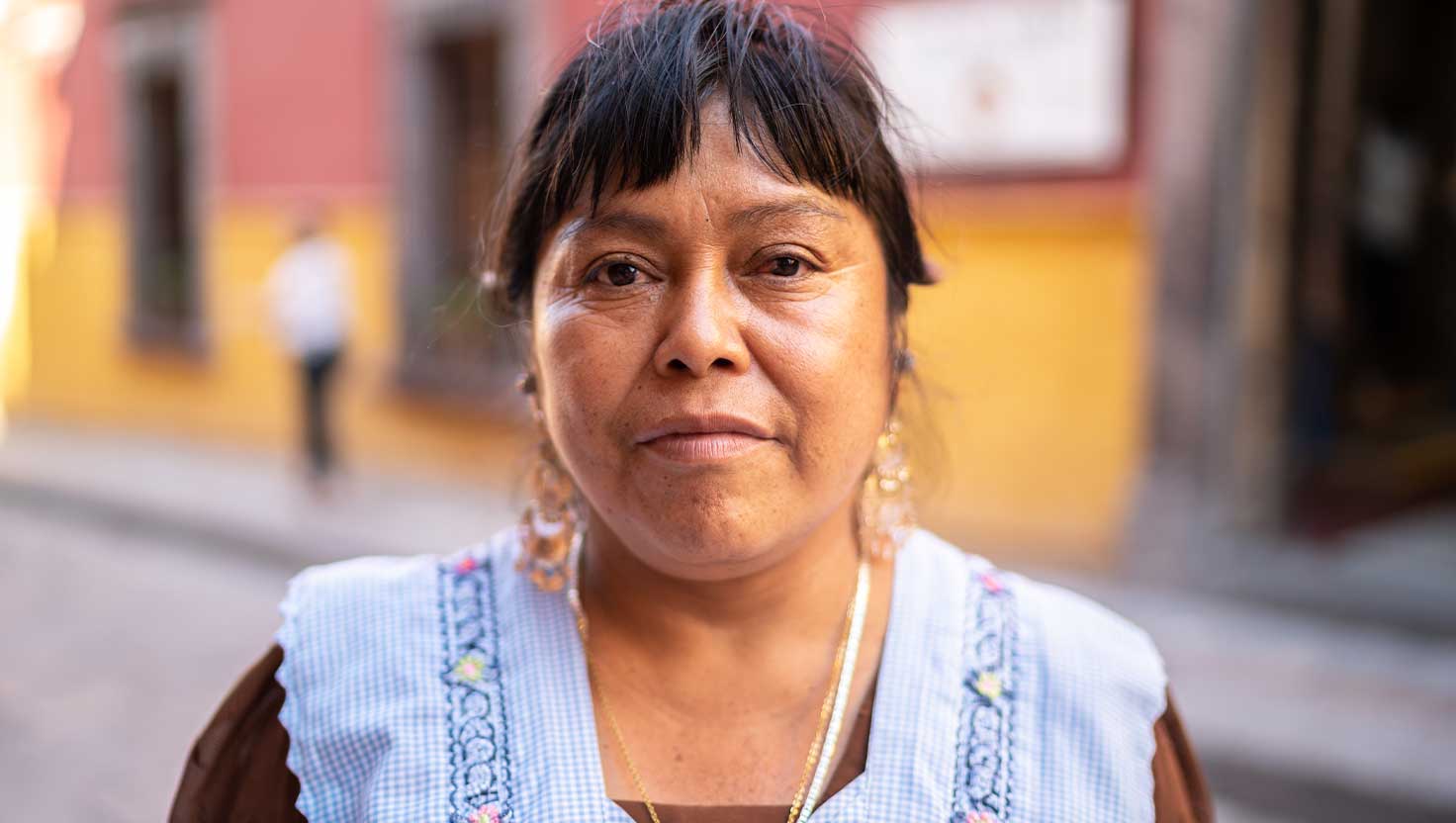Story Highlights
- Only 12% of women reported being tested for cancer in the last 12 months
- 68% of women were satisfied with the availability of quality healthcare
- Most women see domestic violence as a widespread problem in their country
Hologic and Gallup released results from the first Hologic Global Women's Health Index, a multiyear, globally comparative survey documenting the state of women's health across the world. The following discusses how these data fill a critical gap in the global discussion about women's health at a critical time for leaders and policymakers.
Healthy women and girls are the foundation for healthier societies.
Investing in women's and girls' health doesn't just make their lives better; it has a multiplier effect that extends far beyond them, benefiting their families, their workplaces, their communities and their countries as a whole.
Studies show that a woman's own health at birth and during pregnancy affects the health of her children long into adulthood. Healthier women -- and healthier children -- in turn contribute to higher economic growth. For every dollar spent on reproductive, maternal, newborn and child health, evidence shows a potential return of more than $20 (U.S.).
Further, healthy women tend to be more productive in both paid and unpaid work, and they have higher returns on investments in their education -- the positive effects of both spilling over into their communities.
Supporting women's access to proper healthcare and health information is an investment in a better future for all. But to accomplish this, leaders and policymakers need robust data on women's health. The problem is that in most of the world, these data -- like other data critical to development and policymaking -- are lacking or they simply do not exist.
You can't improve what you don't measure.
The first step toward improving a situation is to measure it. Through the Hologic Global Women's Health Index, a multiyear globally comparative survey administered through the Gallup World Poll, Hologic is documenting the state of women's health across the world. The survey's goal is to raise awareness of the gaps in women's health experiences and, most importantly, drive change and improve the future health of the world's women and girls.
The Hologic Global Women's Health Index covers multiple health issues (Preventive Care, Basic Needs, Emotional Health, Opinions of Health, and Safety and Individual Health) essential to helping women live longer, healthier lives. One key finding from the first year of this study is the strong connection between life expectancy and women's opinions of their own healthcare and safety.
The Hologic Global Women's Health Index is a step toward helping women live longer, healthier lives.
People are living longer than they did decades ago, but where they live still affects how long they will live. The Hologic Global Women's Health Index helps provide a more granular understanding of the various factors that influence a woman's life expectancy. Among them:
-
Access to quality healthcare: How maternal mortality affects women's life expectancy overall, especially in low-income countries, is well-documented. But other data that could potentially open the door to saving more lives have largely been absent from global statistics.
The Hologic Global Women's Health Index examines the extent of women's satisfaction with the availability of quality healthcare where they live and their perception of the quality of the prenatal care that they receive in their community.
Most women worldwide expressed being satisfied with the availability of quality healthcare where they live (68%) and think most pregnant women in their community receive high-quality prenatal care (69%), but this is relative to the quality of the care that is available. In reality, global inequities often leave women without the basic services that others take for granted.
-
Preventive care: Research shows that early detection and treatment for conditions such as cervical cancer help increase survival rates -- though many women are diagnosed only after the disease is in an advanced stage, leading to higher case fatality. The right test, screening or immunization at the right time for cervical cancer and other diseases can save and prolong women's lives and help them stay healthy.
The Hologic Global Women's Health Index shows that on average, one in three women worldwide said they had their blood pressure tested in the previous 12 months -- despite heart disease being the leading cause of death globally -- and only 12% of women said that they had been tested for any type of cancer in the same time period.
The data highlight the need to prioritize access to preventive healthcare to effectively manage noncommunicable diseases.
-
Gender-based violence: The pervasiveness of violence against women and girls is another often hidden cause of female mortality, and reports show it has intensified since the start of the COVID-19 pandemic. The survey findings reveal how safe women feel in their community and show that two in three women (and nearly six in 10 men) identify domestic violence as a widespread problem in their country.
This is just the start of a longer conversation.
The latest results from the Hologic Global Women's Health Index offer a glimpse into what Hologic has learned about women's health during the first full year of the pandemic.
Future administrations of the study will track changes in women's health and safety and monitor whether women's health is improving at the country, regional and global levels.
By helping close the data gaps and informing targeted, evidence-based efforts to improve women's healthcare and reduce life-expectancy disparities around the globe, we hope this groundbreaking research will spur conversations among leaders and policymakers today, and in the years to come, that will further help women live longer, better lives.
Find out more about the Hologic Global Women's Health Index.
It's time for data that drives real change.
- Download the Hologic Global Women's Health report.
- Partner with Gallup to collect novel data on the issues that matter most to you.





